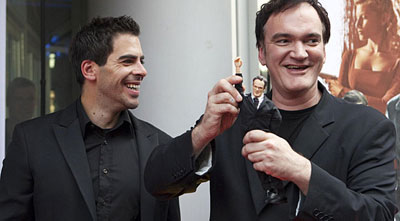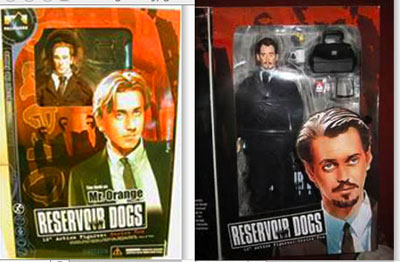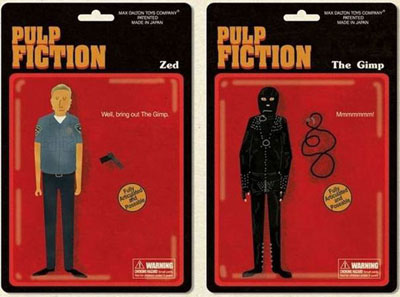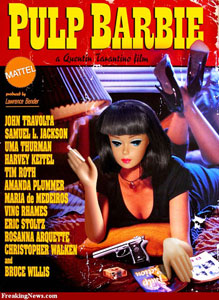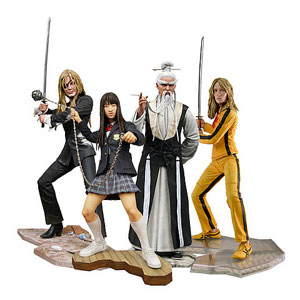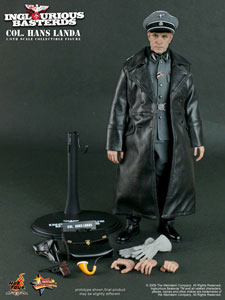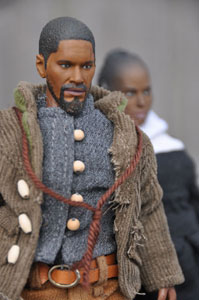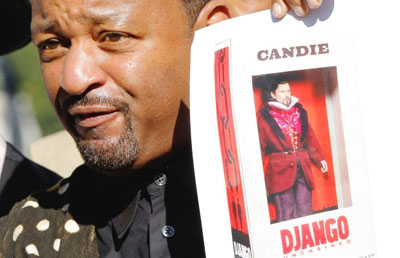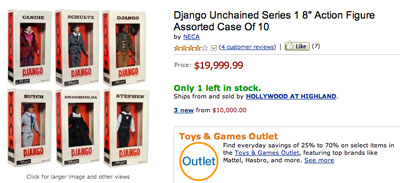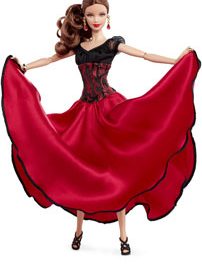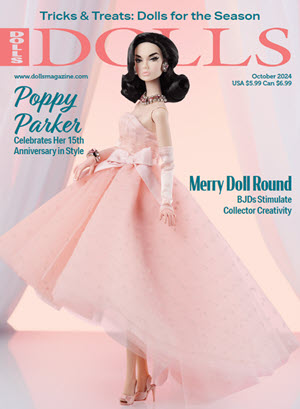Director/producer/screenwriter Quentin Tarantino is turning 50 years old in March, but he doesn’t show any signs of mellowing or chilling out with age. Nope, instead the self-proclaimed “film geek” is stirring up controversy and stealing headlines with his latest film, “Django Unchained.” In case you’ve been snoozing for the past month, “Django Unchained,” or “DU,” is Tarantino’s blending of a spaghetti-western with a black-exploitation-movie vibe. It’s supposedly paying homage to the Sergio Leone European-existential epics that made Clint Eastwood a superstar as the “Man with No Name.” Tarantino is a bona fide expert in cult films, classic Hollywood, and movies that have made a difference in the social climate. He really knows his stuff, so he must have known somewhere in his subconscious that “DU” was running the risk of shaking up the status quo.
The movie is peppered with the “N” word, which has long been a favorite of Quentin’s scripts. (And this is not a joke, but he justifies his reliance on it because he feels like an honorary black man because his mother used to date basketball Lothario, Wilt Chamberlain. I am not kidding. This is an actual explanation.) Rough language aside, the film is steeped in graphic violence, blood and gore, and brutal race relations. The title character, Django, seeks revenge against the Southerners who have enslaved and brutalized him and killed his people. In chatting about it on “Saturday Night Live,” the film’s leading man Jamie Foxx said he was happy to play the part because it allowed him to “kill hundreds of white people.” Oddly, white people in the audience laughed and applauded that line.
So, the film has been sparking big fires and little fires throughout its promotion. Now, though, it’s even affecting the world of dolls and collectibles. In his personal life, Tarantino is a huge collector of movie memorabilia. He also loves to acquire campy, kitschy items—he has a museum’s worth of old board games based on cheesy TV shows and movies. He loves this kind of schlock.
Because of his appreciation for toy tie-ins, he’s allowed almost all of his movies to be licensed by toy manufacturers. Yes, the largest companies to the smallest independent artists have been welcome to create action figures and dolls based upon his screenplays. (And the list of Tarantino-inspired dolls is a rogues’ gallery of gangsters, assassins, con men, Nazis, corrupt cops, and sado-masochistic Gimps! These are not family-friendly offerings. Like his films, these QT-designed effigies are meant for a grown-up’s sensibilities.)
When “DU” opened—and before the furor started to swell up—a series of dolls based on characters from the movie was released. Produced by NECA, these dolls were done in the vein of the old Mego 8-inch dolls with cloth outfits. (Quentin is so darn respectful of retro wares.)
Priced at $29. 95 to $34.95, the dolls were selling modestly . . . and then Al Sharpton came along. Armed with his megaphone and indignation, Sharpton and other community activists demanded a boycott and a recall of the dolls. They maintained that the dolls were an abomination and an insult to the heritage of African Americans. They stated that it was an insult to have “slave dolls” available for “young children to play with” and that it sent a negative message to the kids. Mind you, half the NECA dolls were of the white characters, so these were not solely “slave” creations.
Now, I wish Sharpton had contacted me. I could have put his mind at ease. The NECA dolls were never intended to be bought by children. You know that; I know that; Quentin Tarantino knows that; and perhaps deep down, Al Sharpton knows that too. (If he had bothered to read the company’s press material, the dolls were designed for an adult audience, aged 18 years and up.) But not wanting to let a good rant go to waste, he pressed hard, along with his associates, and they got the NECA dolls pulled from shelves and to have their production curtailed.
But remember, there is such a thing as cyber shelves and Internet sites and re-sales. So collectors, who were quick on the trigger and bought initially, and dealers, who have them in stock, are giving a big “DU” to the nay-sayers. The dolls are selling for over $350 each now, and the version of “Broomhilda” (the Kerry Washington character) has been bought for over $10,000! (That’s not a misprint. The doll sold for $10,000.)
One enterprising collector has a mixed grouping of 10 dolls (the six originals plus four duplicate characters) up for grabs at $19,999. It is outrageous that such a price could be asked, and more unsettling that it might be paid.
Also unsettling is that Sharpton and other leaders decried the selling of these dolls to children because it devalued the African-American experience. They didn’t think it was right to have this chapter in American history bought and sold. One community activist also stated that Leonardo DiCaprio, who appears in the film as the ultimate bad guy/slave owner, collects slave dolls in real life! I’ve heard many tales of DiCaprio’s environmentalism and his free-spending ways, but I have never heard that allegation before. It seemed concocted or sorely misrepresented. Now, because of the activist interference, the dolls are being auctioned off to the highest bidders: an event that must smack of slave auctions if you are super sensitive and inclined to be bothered by this tempest in the first place.
I doubt as the weeks pass if these dolls can maintain the insane asking prices. It has to be an inflated reaction to the shutting down of the merchandising. For movie collectors who feel they’ve missed out on this bit of memorabilia, perhaps there is a silver lining to this storm. Potentially stuck with a backlog of “damaged, controversial” product, NECA might one day down the road—let’s say a year or two from now—offer these for sale at your local Dollar Store. Along with the other once-trendy but now out-of-date offerings found in a remainder bin, a “Candie” or “Butch” or “Schultz” 8-inch doll from “Django Unchained” might catch your eye. If so, scoop them all up and hold on. For a $1 investment, you might get the actual retail price paid to you by a QT fan: $29.95. And that amount seems just about right.

